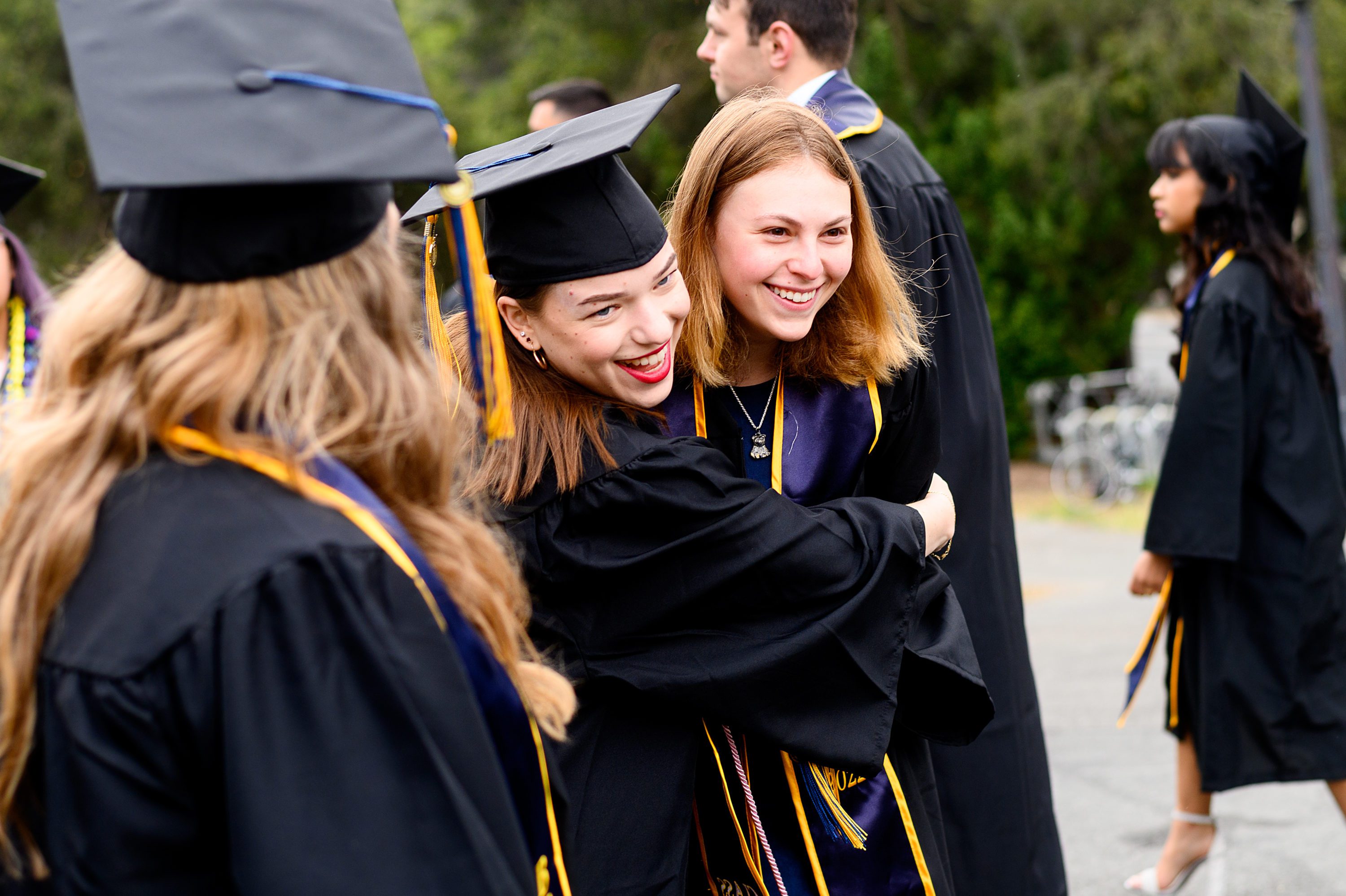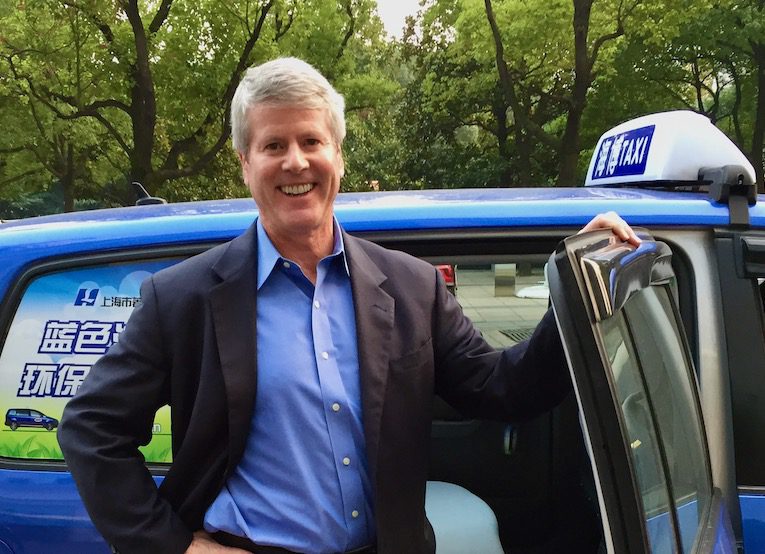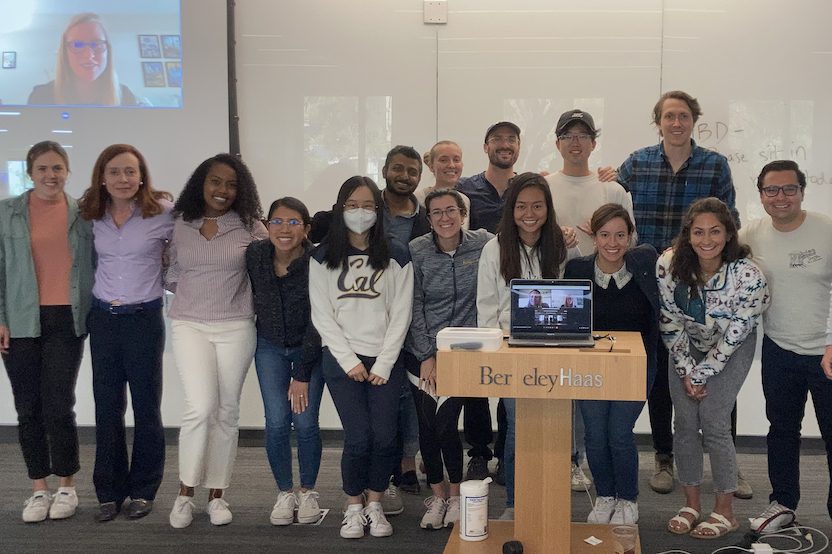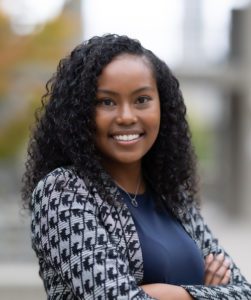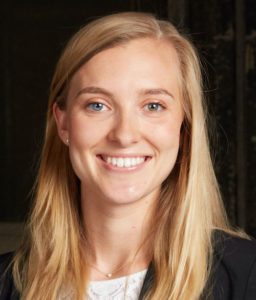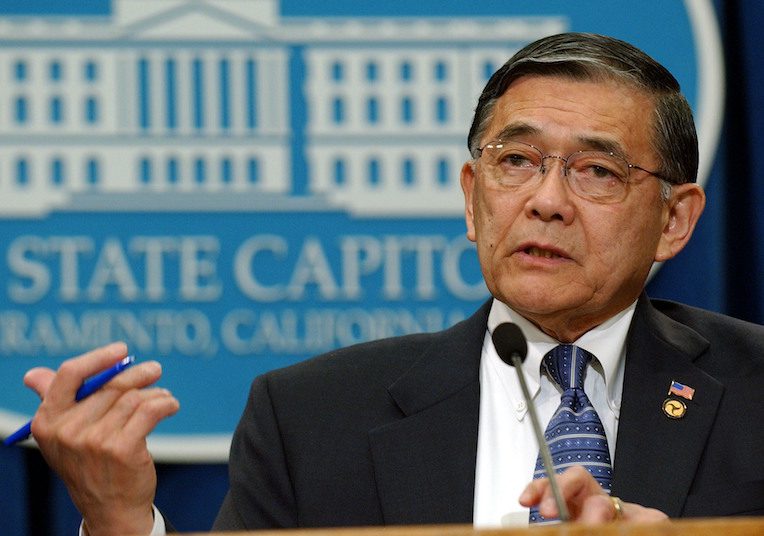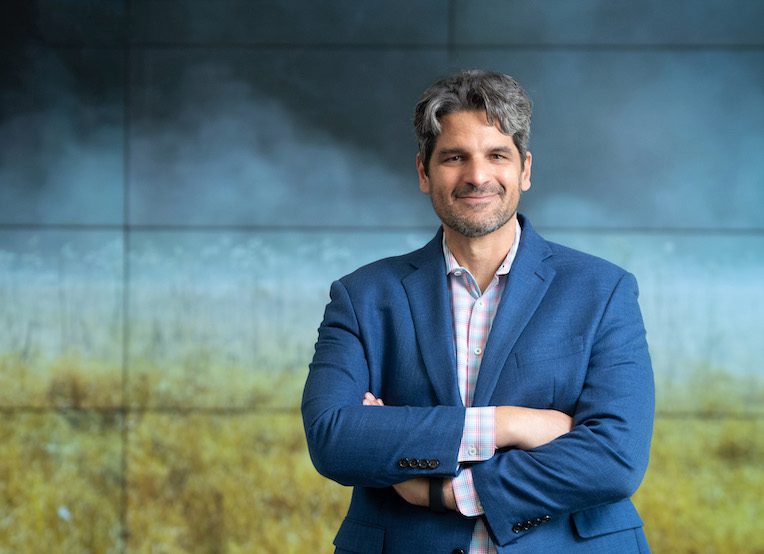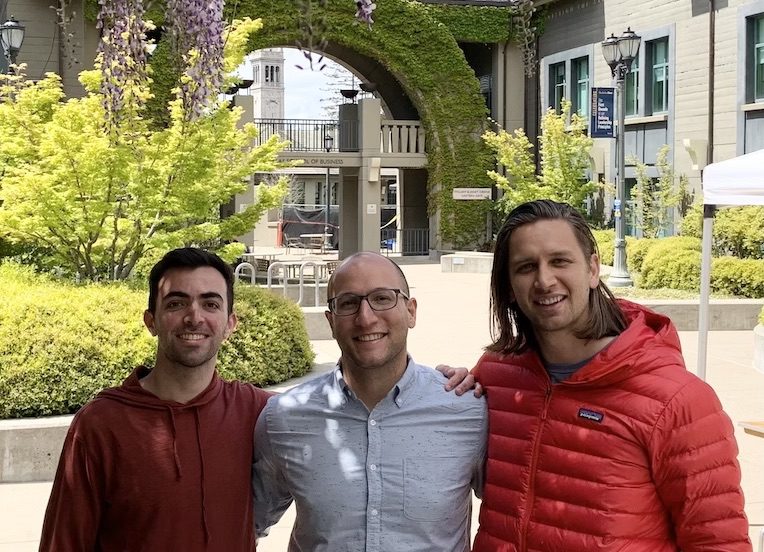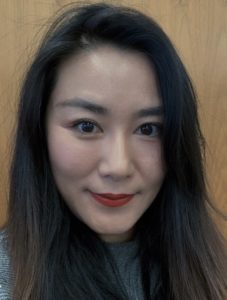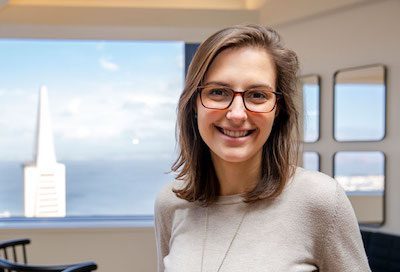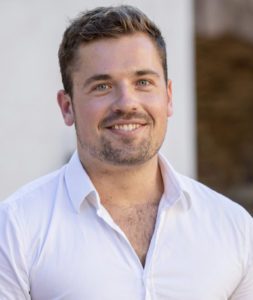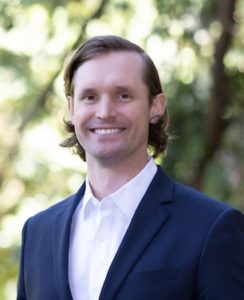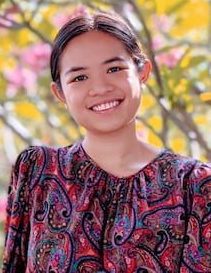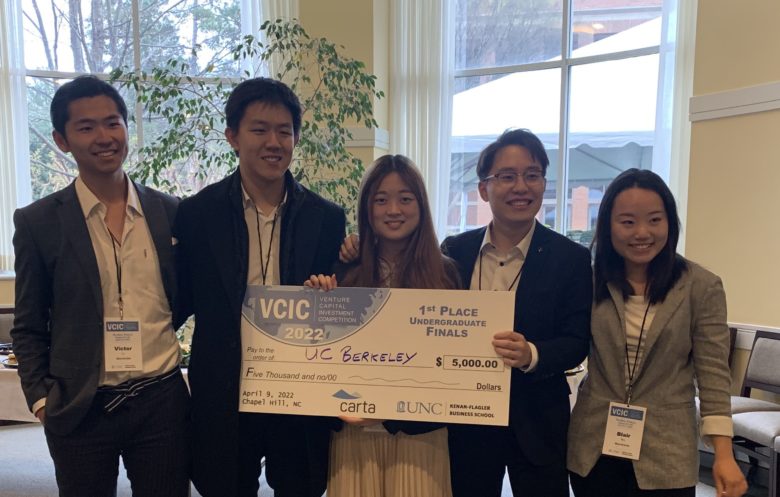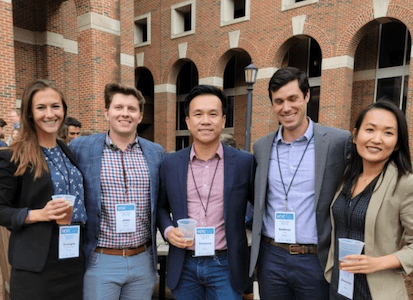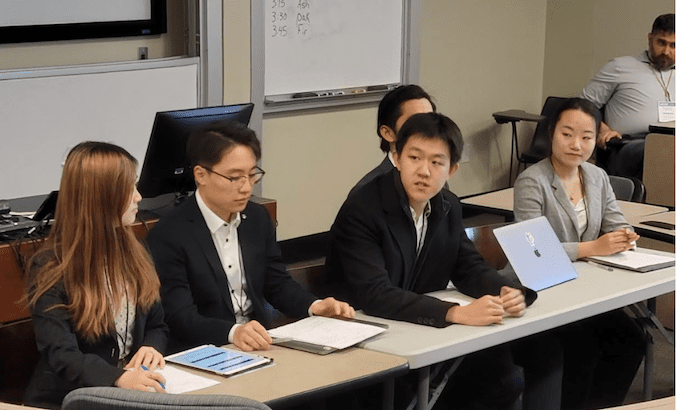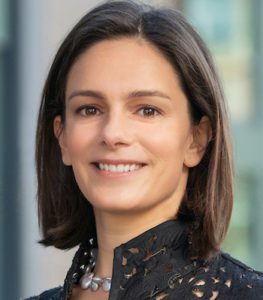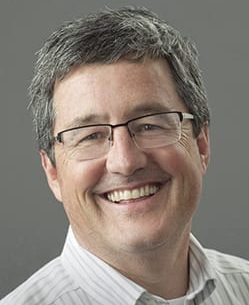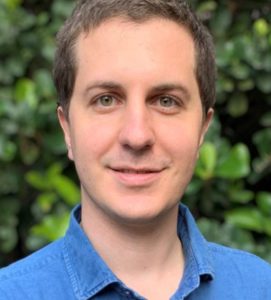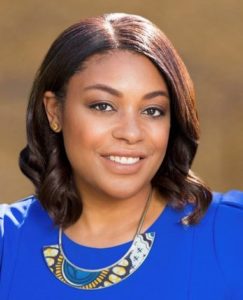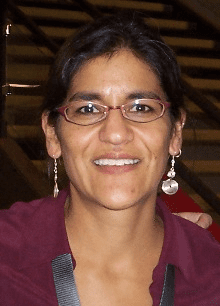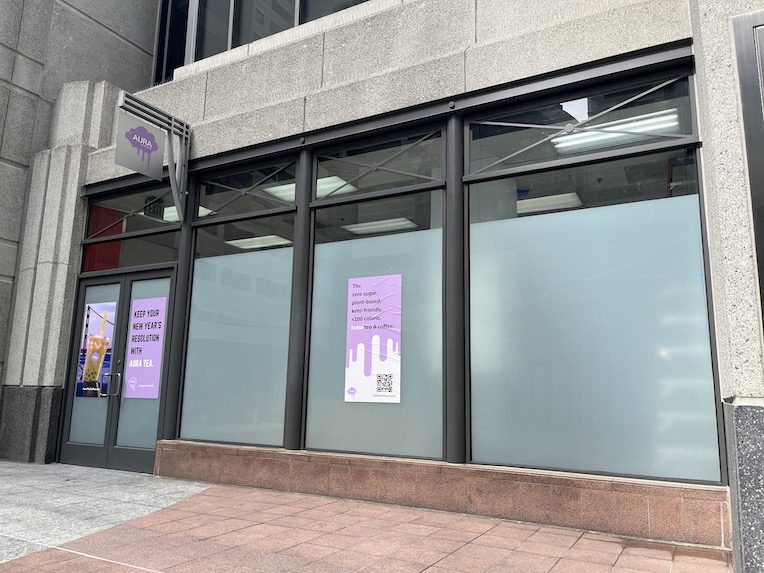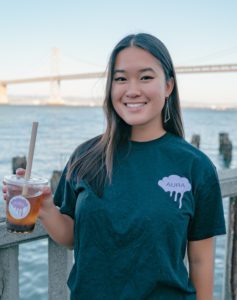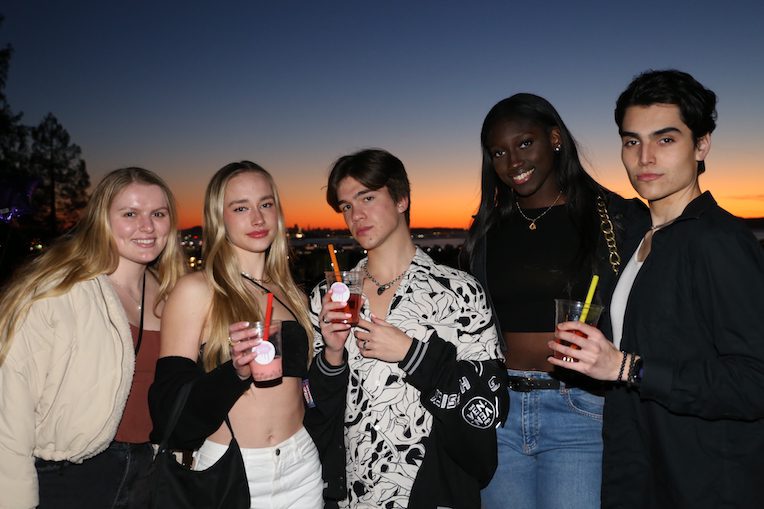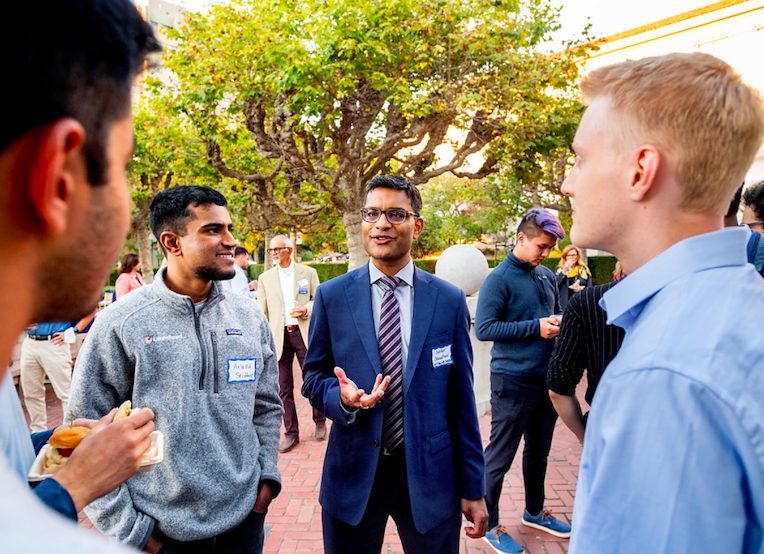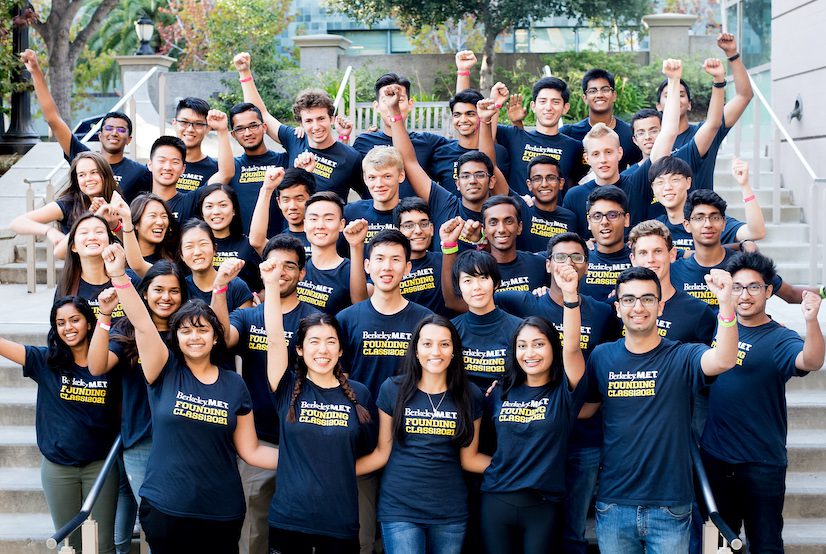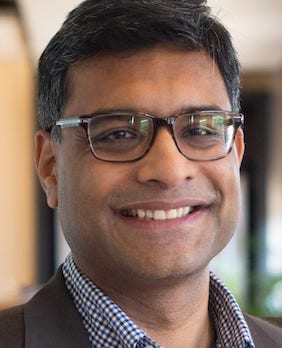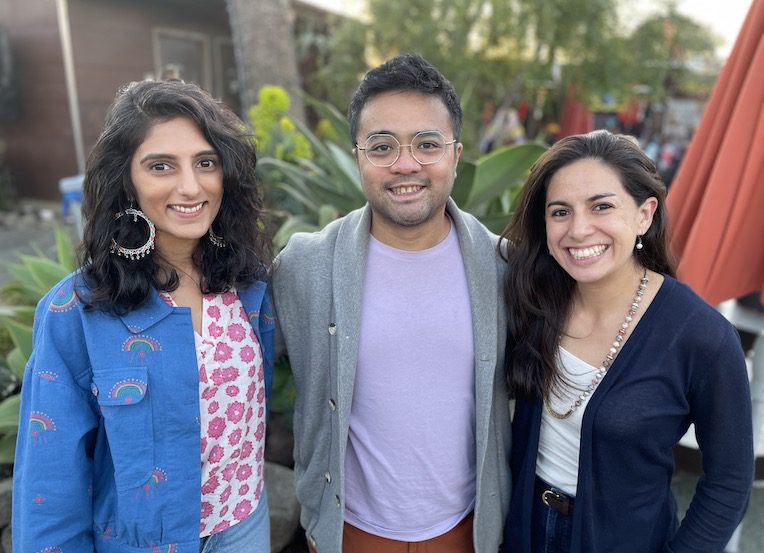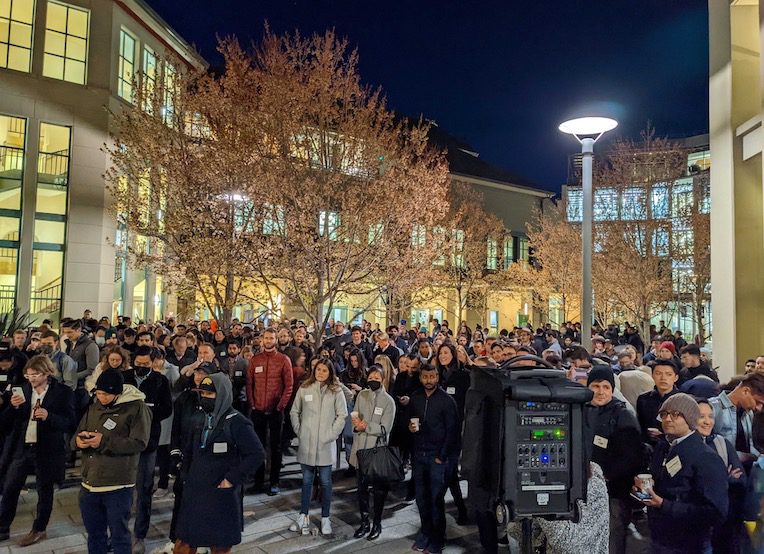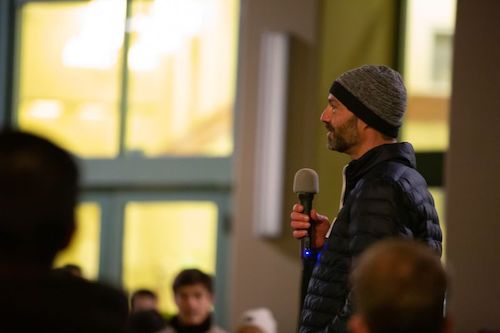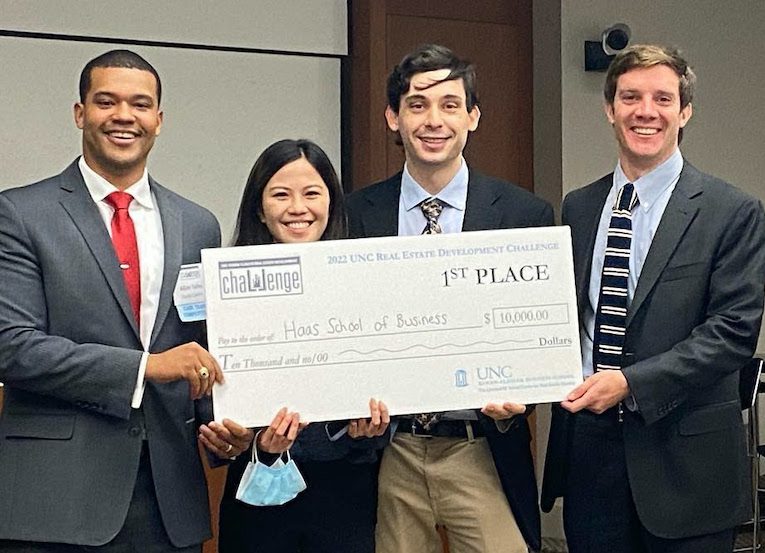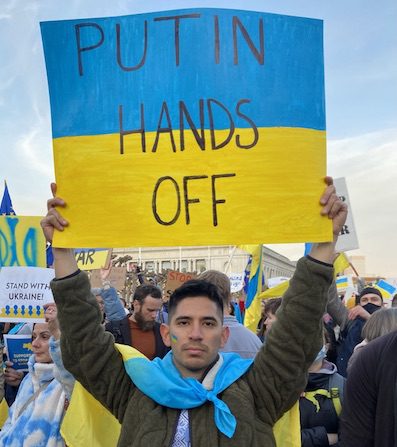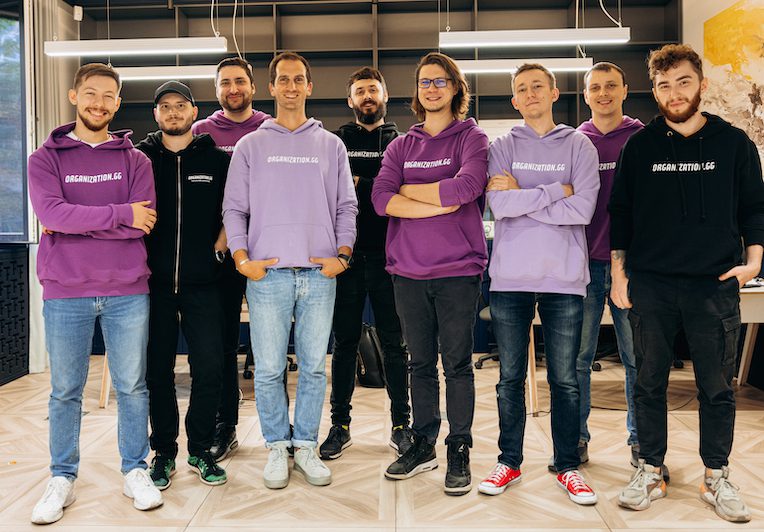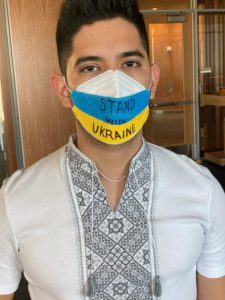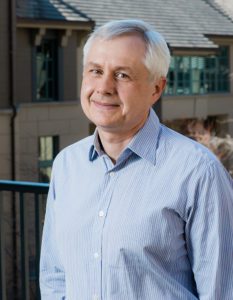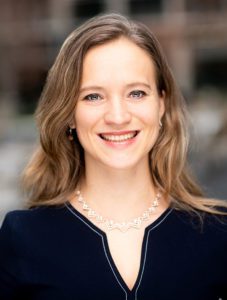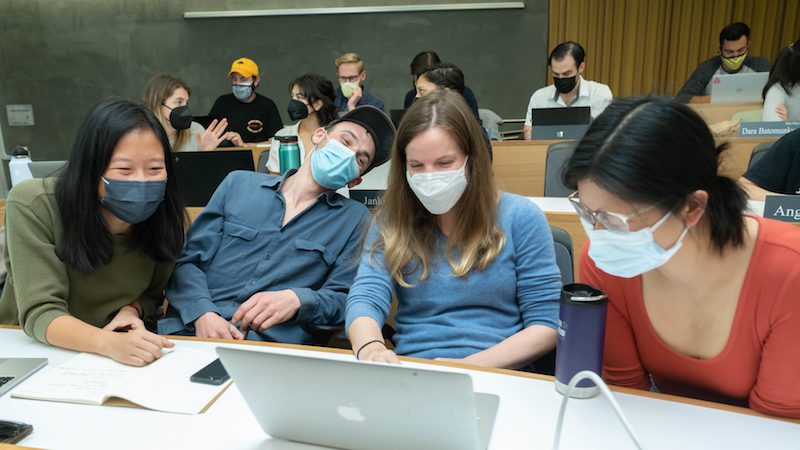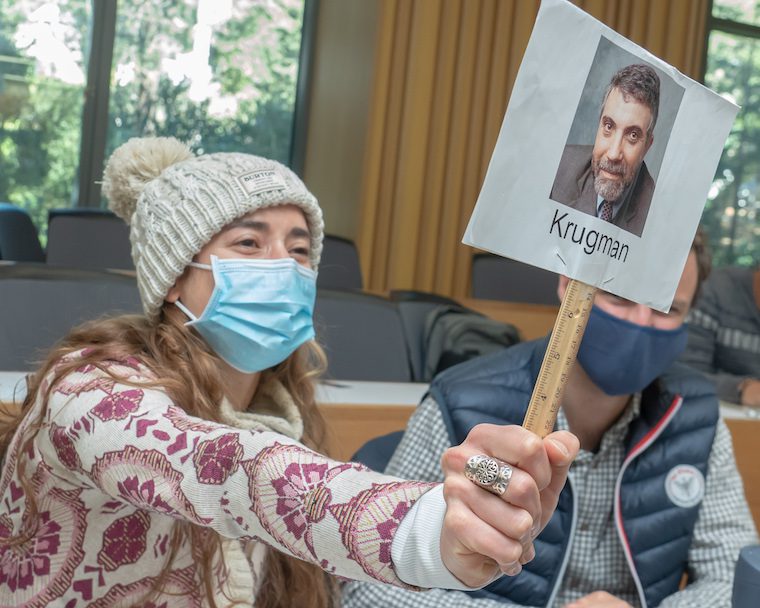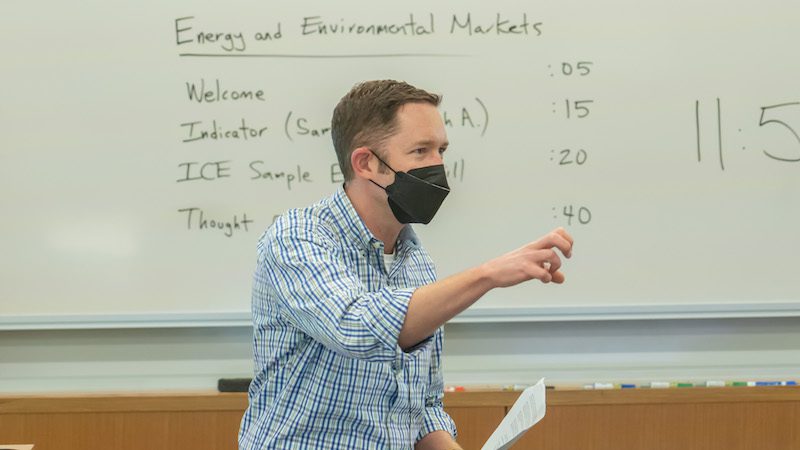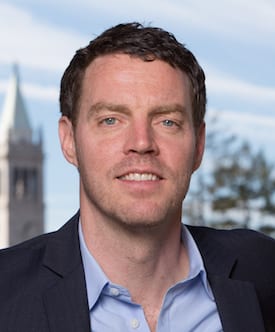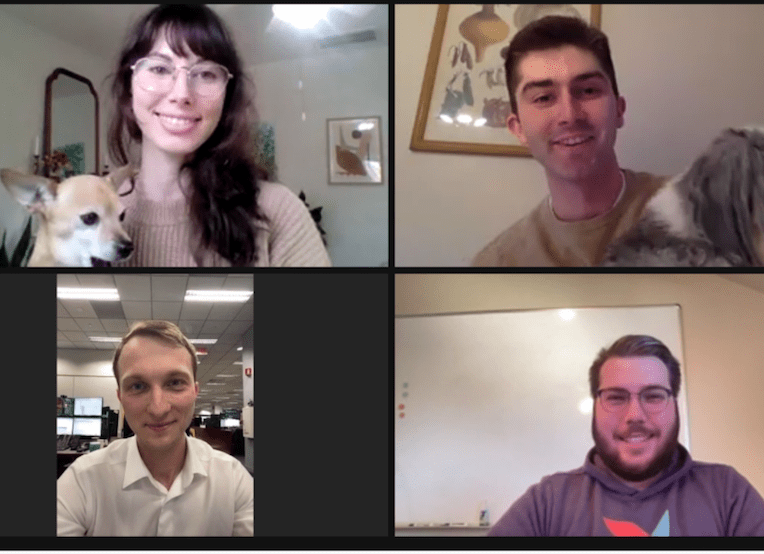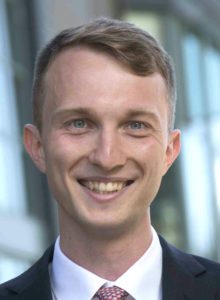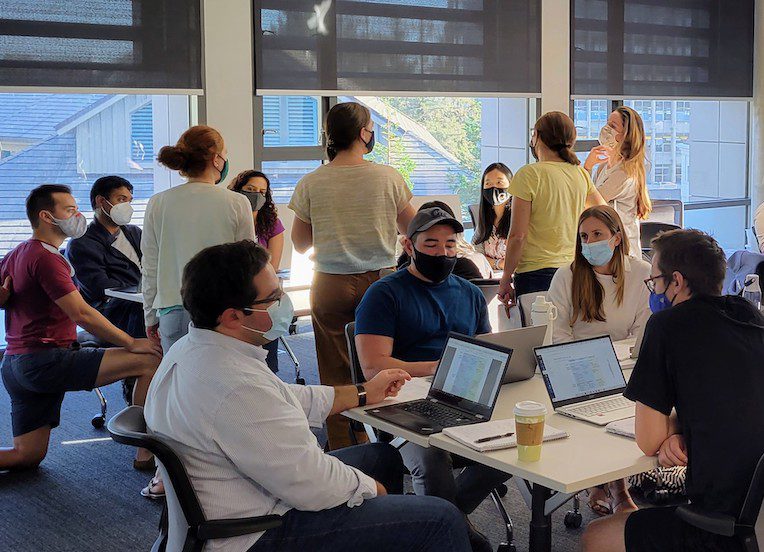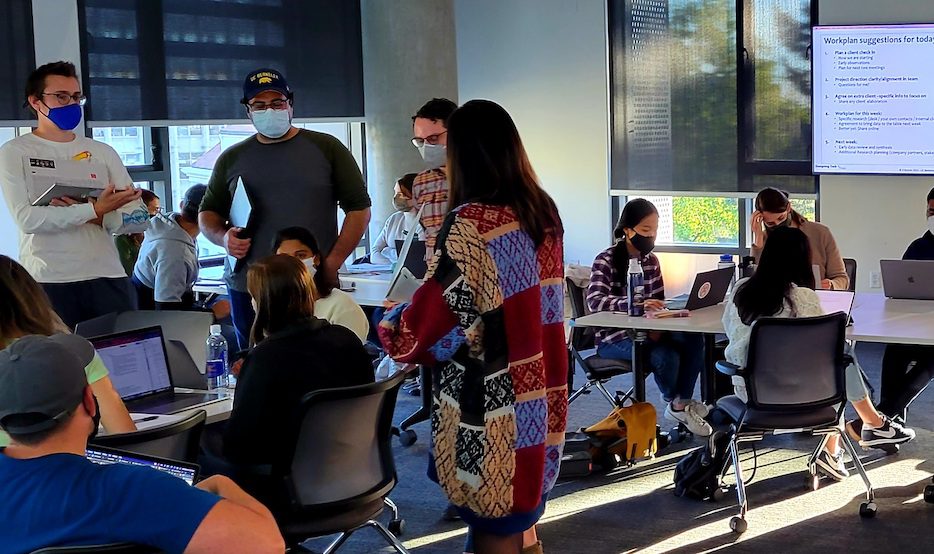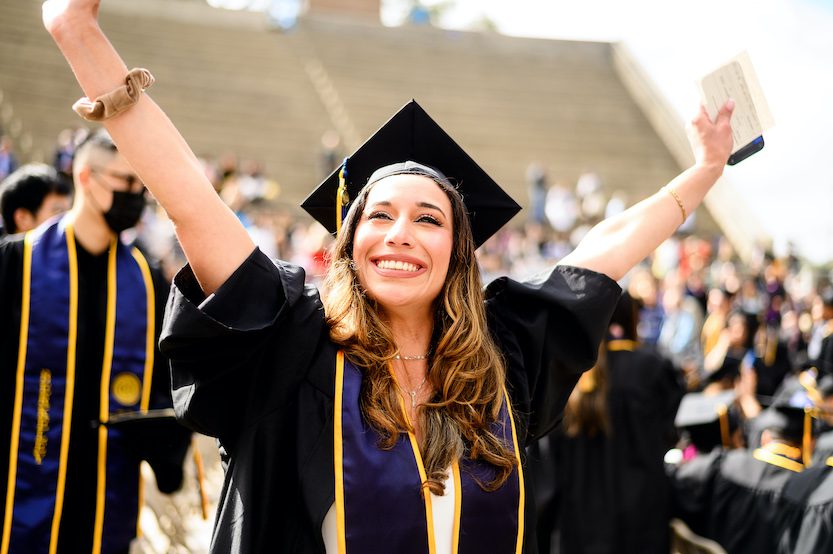
As the sun pushed through the morning fog today, the Berkeley Haas Undergraduate Class of 2022 was more than ready to celebrate four years of hard work, persistence, and overcoming unprecedented challenges.
“Class of 2022, congratulations, we did it,” student commencement speaker Saahil Shangle, BS 22, said as students, surrounded by a jubilant crowd of family and friends, cheered. “We just completed one of the best undergraduate business programs in the country.”
Dean Ann Harrison welcomed the graduates and wished them well on their new lives and careers. “The great skills you have mastered during your time at Berkeley go beyond those of a bachelor in business,” Harrison said. “In addition to accounting, marketing, strategy, sustainability, and entrepreneurship, you have learned how to persevere against the strongest headwinds, how to keep your spirits high when the world around you was struggling, and how to achieve your goals during a global pandemic.”
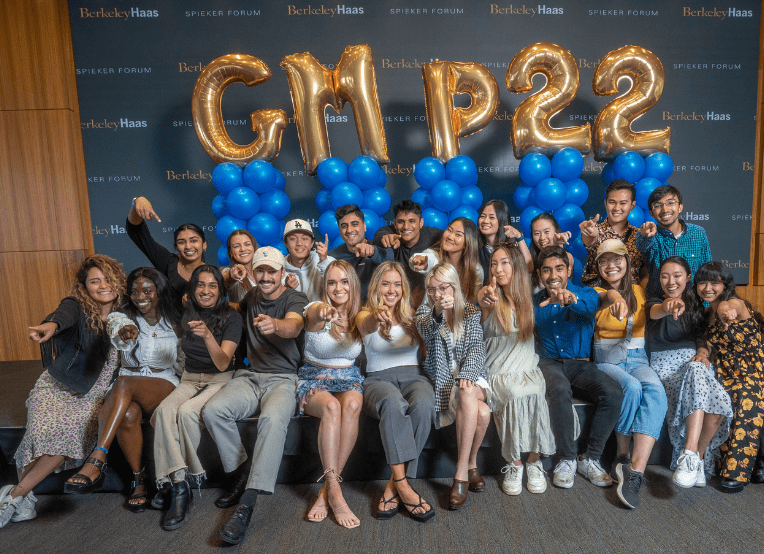
Most of the 475 undergraduate students who were eligible to graduate this year attended Monday’s ceremony. The 2022 class included several firsts: the first Global Management Program (GMP) cohort included 33 students, 10 who graduated a year or semester early. And the inaugural Robinson Life Science, Business, and Entrepreneurship Program (LSBE), a partnership with the Molecular Cell and Biology Major, graduated its first cohort of 10.Harrison also pointed out that more than half the class (51%) are women; 47% of the students earned a simultaneous degree in another college and major; and 17% of the students are first in their families to graduate from college.
Josue Vallecillo, BS 22, said his degree means everything to him. “My parents have worked so hard to make sure that I get to where I am and I know that I’ve had to sacrifice so much,” he said. “This degree is not just a culmination of four years but a lifetime of hard work and dedication.”
“How can I help others succeed?”
Commencement speaker Aaron McDaniel, BS 04, an entrepreneur, corporate leader, speaker, and author, recalled his days as a Haas student—with highlights including the $1 noodle deal on campus and the “coolest device that everyone wanted”: the Motorola Razr. “YouTube was a few months from being invented, and you folks were still in pre-school,” he said.

McDaniel urged students to be flexible in life, to never quit before considering every option, and to help others always. “Don’t ask yourself ‘How can I advance my career?’” said McDaniel, who teaches entrepreneurship at Haas. “Ask ‘How can I help others succeed?’”
A founding partner at Grow Scale, a commercial real estate private equity firm, McDaniel praised Barbara Felkins, director of academic affairs, Sojourner Blair, admissions director, and Dresden John, student experience manager, who are retiring from the Haas Undergraduate Office this year, for helping students succeed and for working together to keep Haas a top business school.
McDaniel told students to try to avoid choosing one thing or the other in life. “There’s a way to have or be both,” he said. “It doesn’t have to be nature or nurture, Coke or Pepsi….Failing and succeeding, profiting and positively impacting society. We don’t live in an either or world. We live in an “and” world.”

“Do not delay happiness”
Shifting to a more serious tone, Anna Shim, BS 22, president of the Haas Business Student Association (HBSA), spoke poignantly of losing her 25-year-old brother, who died three months ago in his sleep. She shared what she learned while working through her grief.
“Do not delay happiness,” she said. “Life is short, so live every day like it’s your last.”
Chosen by his peers as the student speaker, Shangle reflected on how the people at Haas made his time special—from courtyard conversations they shared to Taco Tuesdays. “We are transfer (students), veterans, underrepresented minorities, international, first generation, athletes. We are leaders, creators, social media celebrities and everything in between,” he said. “Best of all, we’re a team.”
Shangle, who said his younger brother will be a UC Berkeley freshman this fall, also thanked the Haas faculty and staff. “We deeply appreciate all the time, passion, and knowledge you all share with us every single day.”

Honors at commencement
Those honored at undergraduate commencement include:
Department Citation (for most outstanding academic achievements): Josh Greenberg
Question the Status Quo: Vanshika Sapra
Confidence without Attitude: Jeena Chong
Students Always: Anna Katharina Giebel
Beyond Yourself: Anna Shim (GMP program)
Cheit Award for Excellence in Teaching for the Undergraduate Program: Distinguished Teaching Fellow Richard Huntsinger
Outstanding Graduate School Instructor (GSI): Paige Wahoff
